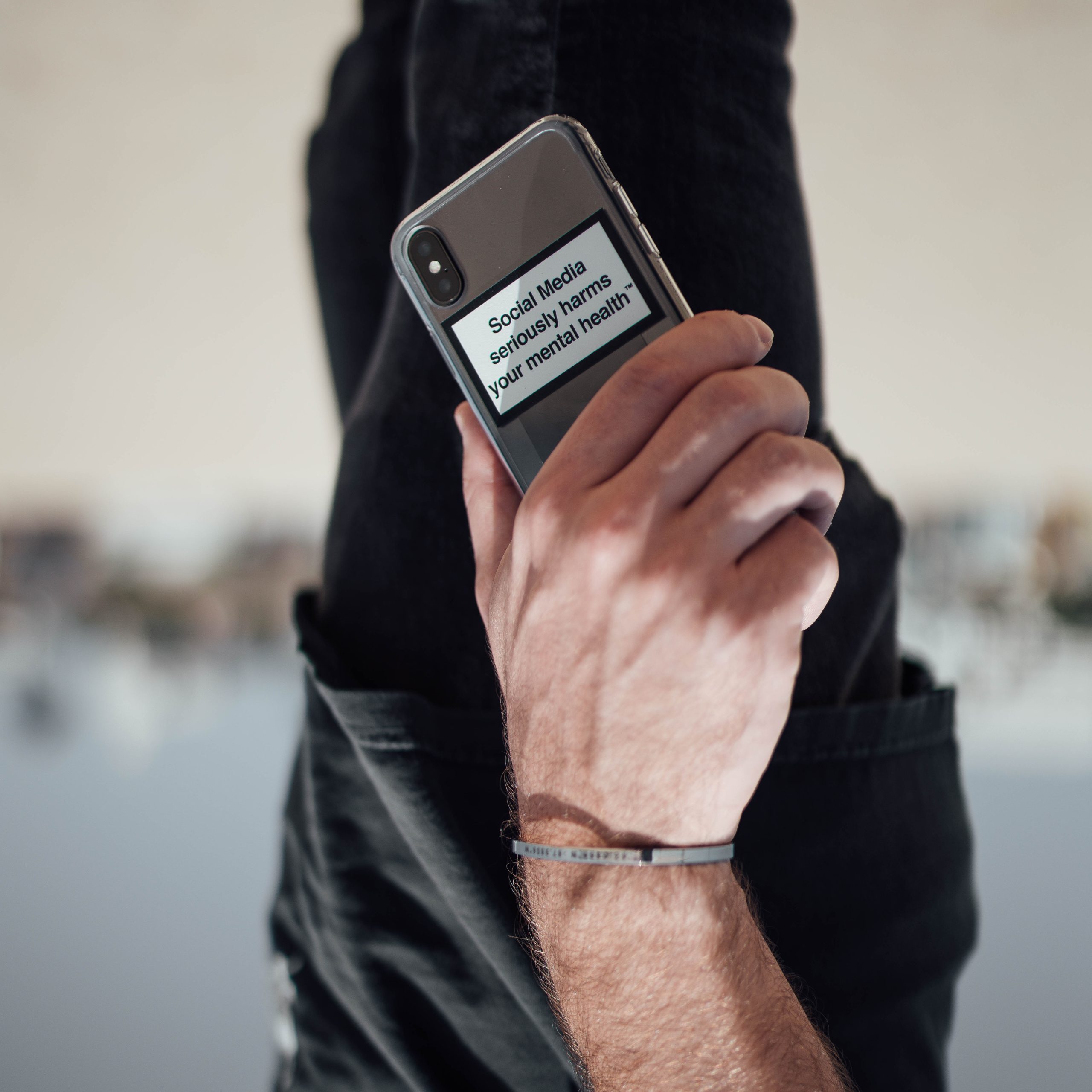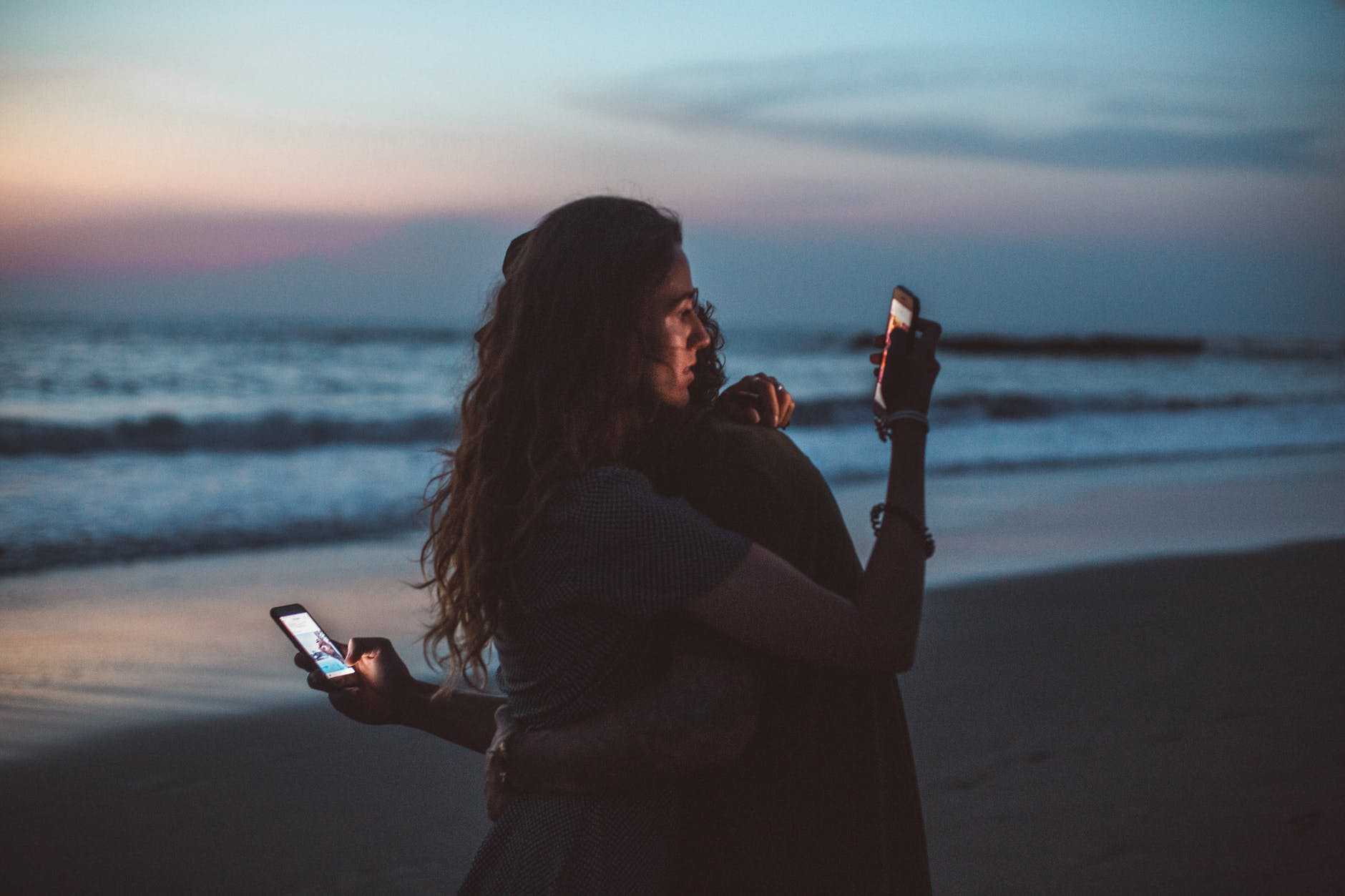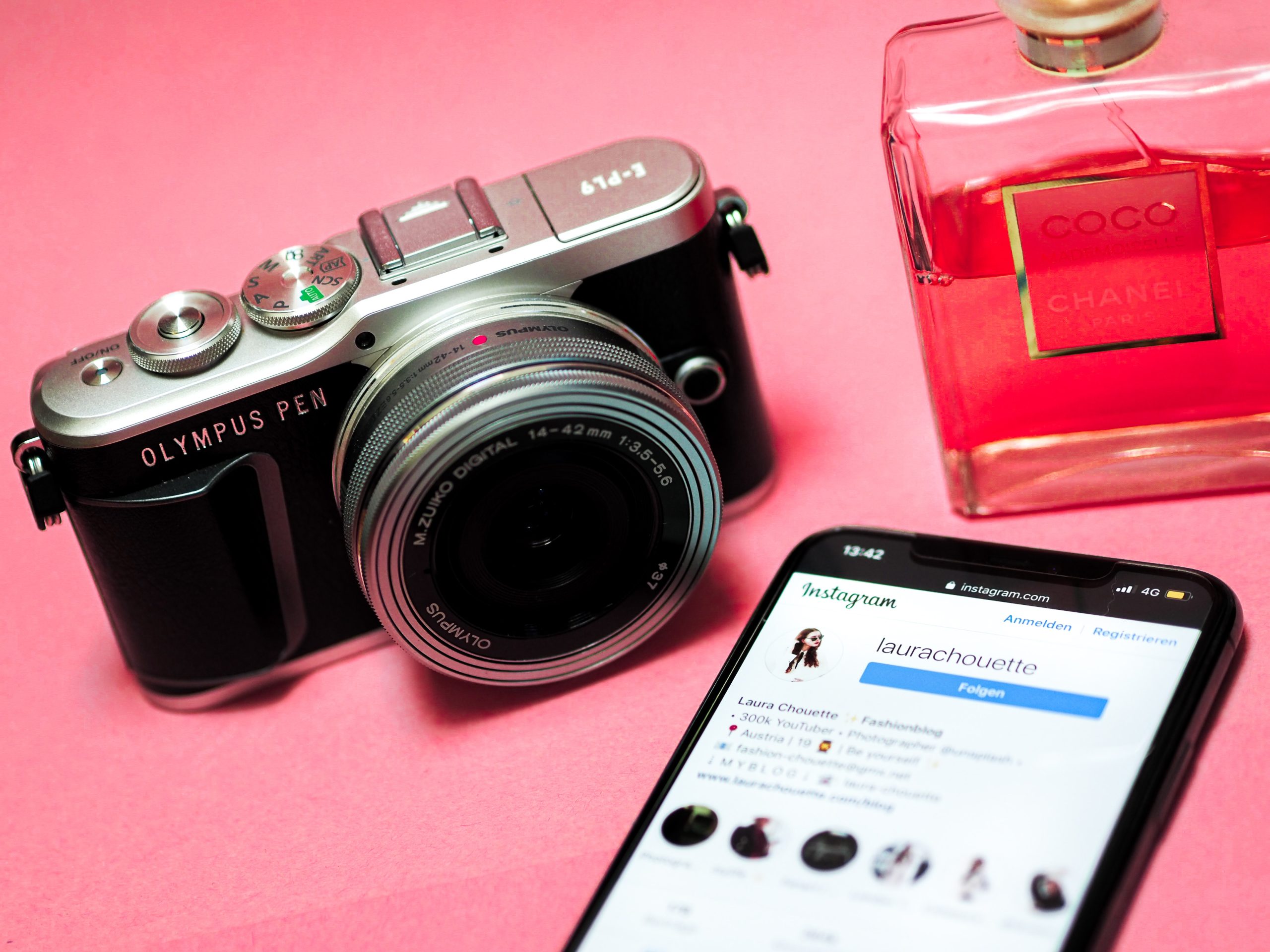The Impact of Social Media On Self-Esteem
Exploring Algorithms, Business behind the scenes, and Building Confidence
In today’s world, social media is like a big digital playground where we can share stuff and connect with others. However, there’s a twist – it can also mess with how we see ourselves. In this article, we’re going to dive into why social media can make us feel not-so-good about ourselves. We’ll also talk about those computer rules called algorithms, how companies make money from us, and ways to feel better about who we are.
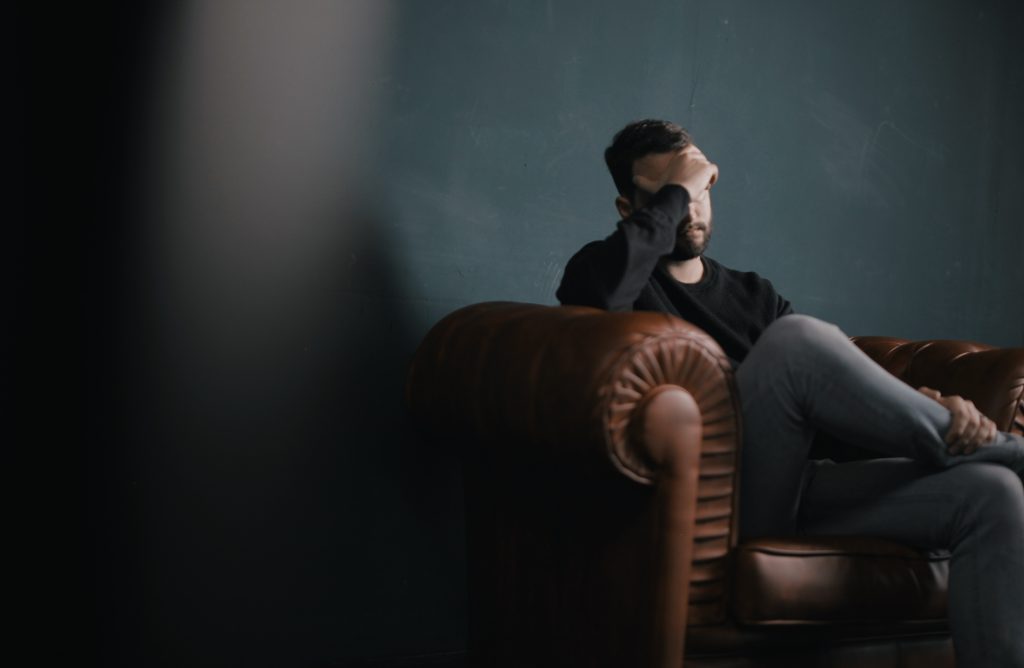
The Social Media Puzzle: The Good and Not-So-Good
Social media lets us talk to people from all over and show off our cool moments. But sometimes, when we look at other people’s pictures and stuff, we might feel like our lives don’t measure up. It’s like comparing apples to oranges – it doesn’t really work, but we still do it.
The Computer Rules: How They Make It Worse
Behind the scenes, there are these things called algorithms. They’re like computer codes that decide what we see on social media. They want us to stay glued to our screens, so they show us things we might like. But this can also make us see more of what makes us feel bad, like perfect bodies or awesome vacations we’re not having.
According to a study conducted by researchers at Singapore University, people compare themselves socially more when they spend more time on Facebook and Instagram. This social comparison has been associated with poorer self-esteem and increased social anxiety, among other factors.
- Detailed information: https://journals.sagepub.com/doi/10.1177/2056305120912488
Money Talks: Social Media Is a Business
Here’s a secret: social media isn’t just for fun – it’s a business too. The more we click, the more ads companies can show us, and that’s how they make money. So, they want us to spend a lot of time on their platforms. But this can make us feel like we need to be “liked” all the time, which isn’t healthy.
Social media use can lead to physical and psychological addiction because it causes the brain’s reward system to produce dopamine, the “feel-good” neurotransmitter. Dopamine is a neurotransmitter (a chemical messenger between neurons) that is involved in neurological and physiological functions. We shouldn’t let social media control how we feel about ourselves. Likes, followers, and comments are nice, but they shouldn’t be what we rely on for feeling good. Instead, we should find our worth inside ourselves, in our achievements, who we are, and what we’re proud of.
Smart Moves: How to Feel Better
Know the Algorithm Game: Algorithms shape what we see. Unfollow accounts that make you feel bad and follow those that inspire you.
- Avoid excessive scrolling. Be aware that the more time you spend on social media, the more it has a negative impact on your self-esteem.
Think Before You Like: Engage with stuff that genuinely makes you happy, not just because you think others will like it. As it is stated above, algorithms shape what we see. It is necessary to remember that we are the ones who have to control social media. Otherwise, we will be lost in the negativity and nonsense of social media algorithms.
Time for You: Set limits on social media. Spending less time online can help us feel better in the real world. Do the things you like, and improve your life and skills. Spending time on social media would not benefit us as much as we spend time on ourselves.
Love Yourself: Remember that your worth isn’t about likes. It’s about you being you and growing as a person. We are all special in our way. The way we look, our voices, race, color, beliefs, and brains. Everybody is unique and special in their own way. If our love for ourselves relies upon social media then we will forget how unique and important we are because we will never be like the others and be perfect all the time as we look on social media. It is important to embrace body positivity, value yourself, and never forget that there is no other person like you.
Taking Charge of Social Media
Even though social media can mess with how we see ourselves, we’re the boss of our feelings. Algorithms and money-making tricks don’t have to define us. We can learn to feel good from the inside out, and remember that we’re valuable just as we are. Let’s make social media a place where we’re in control, where we share what’s real, and where we feel confident about being ourselves.
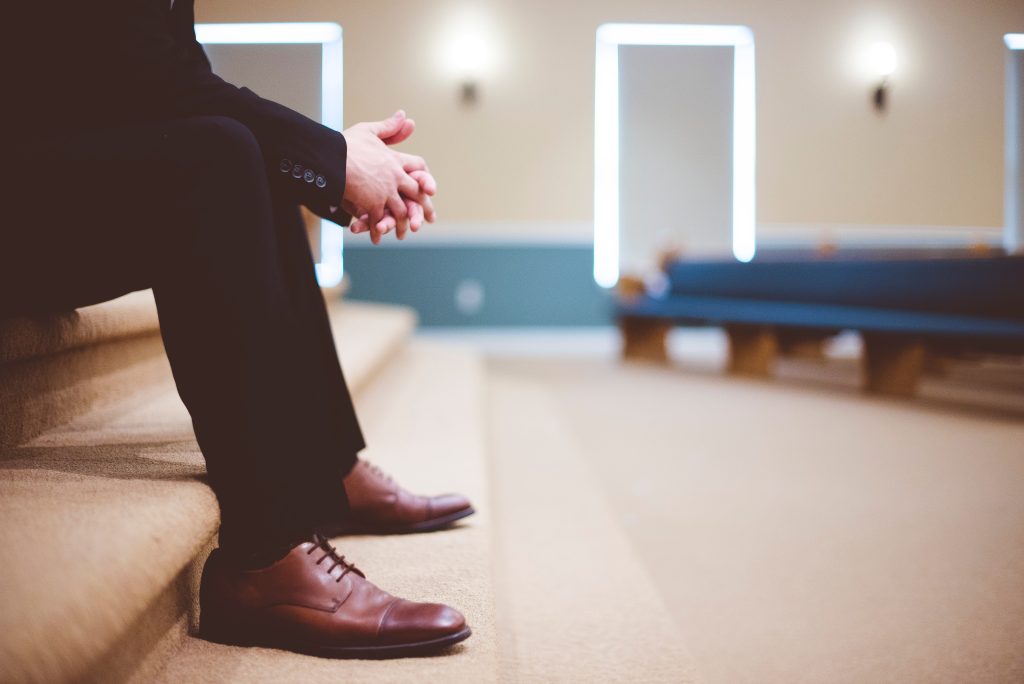
What are our key takeaways from this blog?
Invest in Your Strengths:
- Determine your strengths and work on improving them.
- Use your strengths to overcome obstacles and achieve your objectives.
- Building on one’s strengths boosts one’s self-worth and self-esteem.
Use Positive Self-Talk:
- Negative thoughts should be challenged and replaced with positive affirmations.
- Develop a helpful inner dialogue that boosts you up.
- Positive self-talk reduces self-doubt and increases self-esteem.
Develop Relationships:
- Surround yourself with people who encourage and support you.
- Participate in important talks and group activities.
- Positive interactions boost one’s sense of belonging and self-esteem.
Exercise on a regular basis:
- Participate in physical activities that you enjoy, even if they are brief.
- Endorphins are released as a result of regular exercise, which promotes happiness and self-confidence.
- Physical accomplishment boosts total self-esteem.
Develop New Skills:
- Investigate hobbies or interests that tickle your attention.
- Acquiring new skills promotes a sense of progress and accomplishment.
- Learning new things helps to boost one’s self-esteem.
Limit Comparisons of Social Media:
- Consider how social media influences your emotions.
- Reduce the amount of time you spend online comparing yourself to others.
- Reduced social media use is associated with greater mental health and self-esteem.
Our path to greater self-esteem is like a guided song, loaded with science-inspired practical advice. Among these suggestions is a special emphasis on how social media influences how we feel about ourselves.
Consider social media to be a mirror—it can sometimes reflect a misleading image of us. However, by employing it with caution and setting restrictions, we can make it work for us. Remember that gaining likes and comparing oneself to others online isn’t a true indicator of our worth.
As we develop genuine connections and recognize our own abilities, we create a picture of self-worth that extends beyond the digital realm. Mindfulness, exercise, and learning all contribute vibrant hues to our canvas of self-esteem.
Finally, remember that our self-esteem is more than just numbers on a screen. These tactics equip us with the tools we need to develop strong self-confidence, even when interacting with social media. With these tools, we’re on a path to accepting who we are, and social media becomes a vehicle for expressing our individuality rather than a barometer of our worth.
